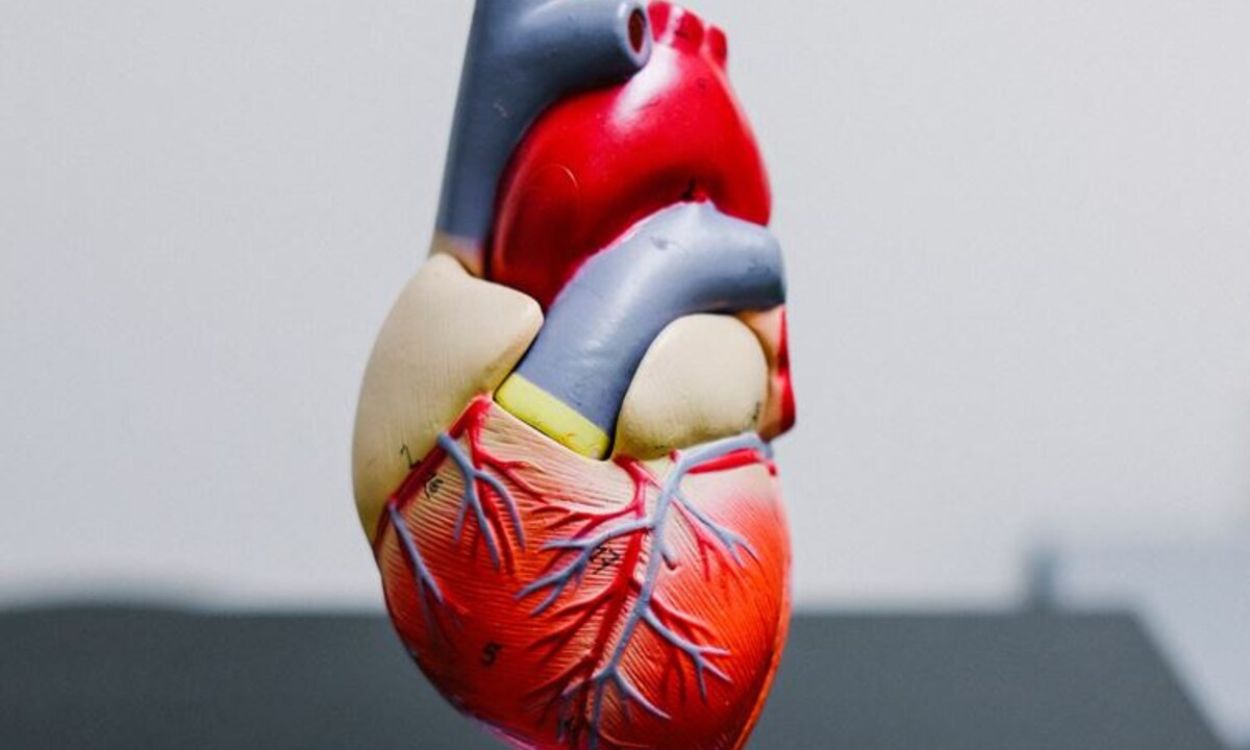The Hidden Impact: How Air Pollution Disrupts Your Heart Rhythm
The Silent Killer Lurking in the Air
Air pollution, often termed as an invisible killer, impacts millions of lives globally. Its detrimental effects extend beyond respiratory issues, significantly influencing heart health, particularly heart rhythm. According to the World Health Organization (WHO), air pollution is responsible for around 4.2 million deaths annually. But how exactly does it affect our heart rhythm? Let’s delve deeper.
Understanding Heart Rhythm
Heart rhythm, or cardiac rhythm, refers to the sequence of electrical impulses that trigger heartbeats. A healthy heart rhythm ensures that the heart pumps blood efficiently throughout the body. However, when this rhythm is disrupted, it can lead to arrhythmias—a group of conditions where the heartbeat is irregular, too fast, or too slow.
Air Pollution and Heart Rhythm: The Connection
1. Particulate Matter (PM2.5 and PM10)
– Fine Particles: Particulate matter (PM2.5) consists of fine particles that are 2.5 micrometers or smaller. These particles can penetrate deep into the lungs and enter the bloodstream, causing inflammation and oxidative stress.
– Heart Impact: Research indicates that exposure to PM2.5 is associated with arrhythmias. The inflammation caused by these particles can affect the autonomic nervous system, which controls heart rhythm, leading to irregular heartbeats.
2. Nitrogen Dioxide (NO2)
– Source: NO2 is primarily produced by vehicles and industrial activities.
– Heart Impact: Prolonged exposure to NO2 can lead to systemic inflammation and oxidative stress, which are known to trigger arrhythmias. Studies show that high NO2 levels are correlated with increased hospital admissions for arrhythmia-related conditions.
3. Ozone (O3)
– Formation: Ozone at ground level is formed by chemical reactions between oxides of nitrogen and volatile organic compounds in the presence of sunlight.
– Heart Impact: Ozone exposure can decrease heart rate variability, a measure of the autonomic nervous system’s ability to regulate the heart. Reduced heart rate variability is a predictor of increased risk of arrhythmias and sudden cardiac death.
4. Sulphur Dioxide (SO2)
– Source: SO2 is produced by burning fossil fuels containing sulfur.
– Heart Impact: Short-term exposure to high SO2 levels can cause acute respiratory symptoms and exacerbate existing cardiovascular diseases, including arrhythmias.
Mechanisms of Air Pollution-Induced Arrhythmias**
1. Inflammation and Oxidative Stress
– Inflammatory Response: Air pollutants can induce systemic inflammatory responses, leading to the release of cytokines and other pro-inflammatory markers. This inflammation can affect the heart’s electrical system, causing arrhythmias.
– Oxidative Stress: Pollutants cause oxidative stress by generating free radicals, which damage heart cells and disrupt normal electrical signaling.
2. Autonomic Nervous System Dysfunction
– Sympathetic Nervous System Activation: Pollutants can stimulate the sympathetic nervous system, leading to increased heart rate and blood pressure. Chronic activation can result in arrhythmias.
– Parasympathetic Nervous System Inhibition: Conversely, pollutants may inhibit the parasympathetic nervous system, reducing heart rate variability and increasing arrhythmia risk.
Indian Context: Air Pollution and Heart Health
India is home to some of the world’s most polluted cities. According to the Air Quality Life Index (AQLI), the average Indian could expect to live 5.2 years longer if air pollution levels met the WHO guideline. Given the high pollution levels, the Indian population is particularly vulnerable to heart rhythm disturbances caused by air pollution.
Protecting Your Heart from Air Pollution
1. Monitor Air Quality
– Apps and Websites: Use air quality monitoring apps and websites to stay informed about pollution levels in your area. Avoid outdoor activities when pollution levels are high.
2. Indoor Air Purification
– Air Purifiers: Invest in air purifiers to reduce indoor pollution levels.
– Ventilation: Ensure proper ventilation but avoid opening windows during high pollution periods.
3. Healthy Lifestyle Choices
– Diet and Exercise: Maintain a healthy diet rich in antioxidants and engage in regular physical activity to strengthen your heart.
– Avoid Smoking: Smoking exacerbates the effects of air pollution on the heart.
How Fitpaa Can Help You Navigate Air Pollution’s Impact on Heart Health
At Fitpaa, we understand the significant impact of air pollution on heart health and overall well-being. Our AI-driven Metabolism Monitoring and Management Technology is designed to help you combat these effects and achieve your health and fitness goals.
Step 1: Take the Metabolism Assessment
Identify how air pollution and other factors affect your metabolism. Our MNT specialists will consider every aspect of your life to perform a comprehensive assessment, helping you understand your unique health needs.
Step 2: Get Your Personalized Fitpaa Capsule
Based on your metabolism assessment, our expert team of fitness coaches, nutritionists, and doctors will prepare a customized Fitpaa Capsule. This all-in-one health and fitness plan includes medical therapy, medical exercise therapy, medical nutrition therapy, and cognitive behavior therapy to optimize your metabolism and strengthen your heart.
Step 3: Follow Your Fitpaa Capsule Daily
The Fitpaa app makes it easy to follow your personalized plan. With real-time guidance, habit-building techniques, and inspiration, the app helps you stay on track. Features like a virtual workout trainer, diet tracker, and performance tracker ensure you meet your health goals despite the challenges posed by air pollution.
Join the Fitpaa Community
Imagine a life where you’re fit, healthy, and confident, capable of achieving all your dreams. Fitpaa is committed to creating that world for you. Download the Fitpaa app today and take the first step towards a healthier heart and a happier life.
Why Trust Fitpaa?
With a 7-day risk-free trial, there’s nothing to lose but your health worries. If you don’t achieve your desired results, we offer a money-back guarantee. At Fitpaa, we sell goals, not subscriptions, ensuring you reach your health objectives with 100% certainty.
Take Charge of Your Heart Health Today
Don’t let air pollution dictate your heart health. Equip yourself with the tools and support you need to thrive. Download the Fitpaa app and let us guide you on your journey to optimal health. Your well-being is our mission, and we promise to work with all our blood and sweat until you achieve your goal.











